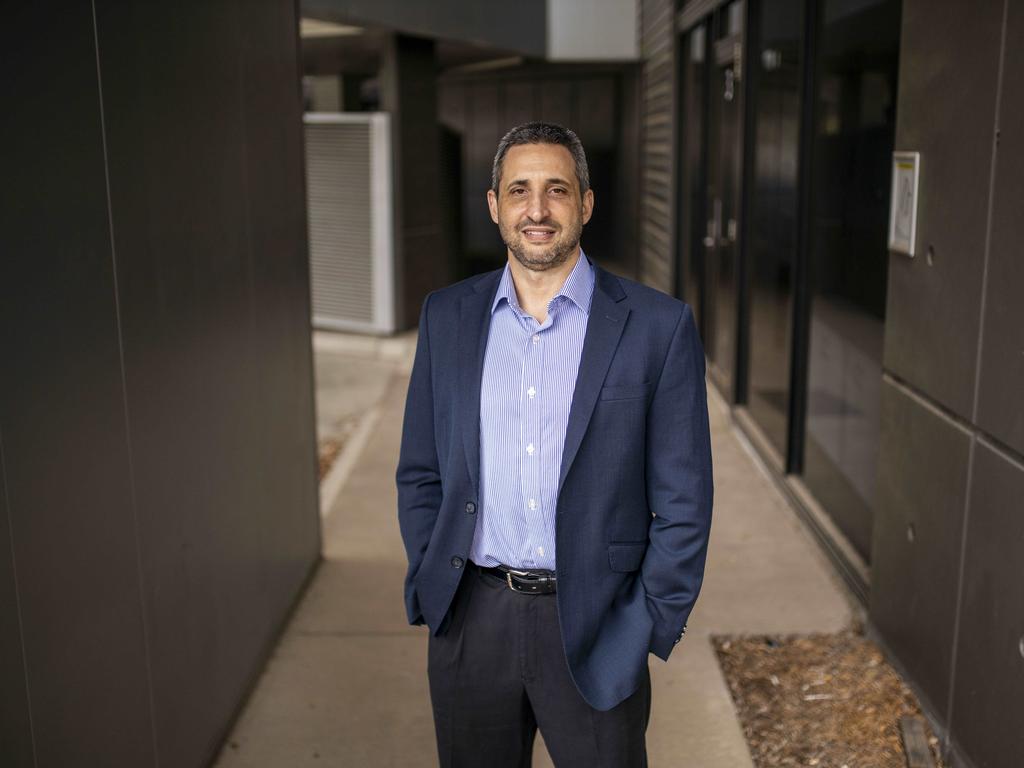A tough fix for financial advice
A national exam for financial advisers is designed to build the reputation of the sector, but the transition is testing the industry.

“What are your qualifications?” is perhaps the most troublesome question for financial advisers in a world where the issue of education and standards is headline material.
The royal commission into banks and the financial sector revealed such scandals in the sector that the industry recognised it had to fix itself fast.
For years financial advisers had operated with qualifications ranging from poorly supervised short exams based on multiple choice questions to serious international standard qualifications issued through the Financial Planning Association of Australia.
The problem was that either qualification allowed operators to tag themselves as advisers, with consumers unaware of the different standards and knowledge behind various qualifications.
The answer arrived with the Financial Adviser Standards and Ethics Authority, which is now the well-established and ultimate controller of the financial advice system. FASEA has two big products: a national exam that every adviser must pass and ethical standards that every adviser must maintain in their daily work.

Put simply, the biggest problem faced by FASEA was that the industry had fallen so low in public estimation — and standards were so shoddy across wealth management — that any serious attempt at reform was always going to mean a generation of financial advisers would be left high and dry.
And that is exactly what has happened with advisers flooding out of the sector. At the same time, leading local banks whose wealth arms provided many of the advisers in the sector have exited the industry.
This year, as FASEA continued its tortuous but steady path towards “professionalising” financial advice via the national exam and related standards,
the industry got a good snapshot of the standards through the first batch of exam results.
At first glance they are impressive with an 85 per cent pass rate of the much-feared mandatory national test. But common sense suggests that first cohort of exam entrants would be enthusiastic and well prepared.
In full: The List - Australia’s 100 Top Financial Advisers
It is clear the failure rate is rising as more people take the test. Most advisers — about 16,000 people — still have to take the exam.
Meanwhile, many older advisers have decided a future in the industry — with its blizzard of regulations and higher education standards — is simply too hard and have left the sector. In fact if the industry has a larger problem than the struggle to professionalise, it is to do so without shrinking the sector to a shadow of its former self.
In its most recent quarterly report for the three months to March 31 this year, the Adviser Ratings research group found that the number of advisers in Australia was now 22,893 after a dramatic 16 per cent reduction last year.
“It’s a problem,” says Mark Hoven, chief executive of Adviser Ratings. “The supply of new advisers remains very low.”
In its latest report Adviser Ratings also warns that a financial advice sector faced with a recessionary climate will find it difficult to pay for the essential training that new recruits demand.
In essence, the industry is shedding older advisers and making it more difficult to attract new blood into the sector. The exodus is strongest among the bigger institutions that have dominated the industry for years. They include AMP, where the financial adviser network recently dropped below 2000 for the first time.
Similarly, private bank adviser staff numbers also have been dropping at
many of the best known names such as Commonwealth, Macquarie, ANZ and
National Australia Bank.
Some argue that this grim transition phase must be endured for a refreshed and improved professional workforce to emerge on the other side.
Clayton Daniel is managing director of XY Adviser, a networking group for younger financial advisers that works to link professionals through events and a subscription website with 3000 members.
Daniel says: “Sure, it’s hard right now for the sector, and yes, there are a lot of regulations and exams and other hurdles, but if you are a young person entering the industry these are just the facts of the matter, you see it for what it is today.
“If you are a smart young graduate coming into the workforce just now, here is this crucial sector, and the supply and demand is temporarily out of balance — for some people that’s going to present itself as an opportunity.”







